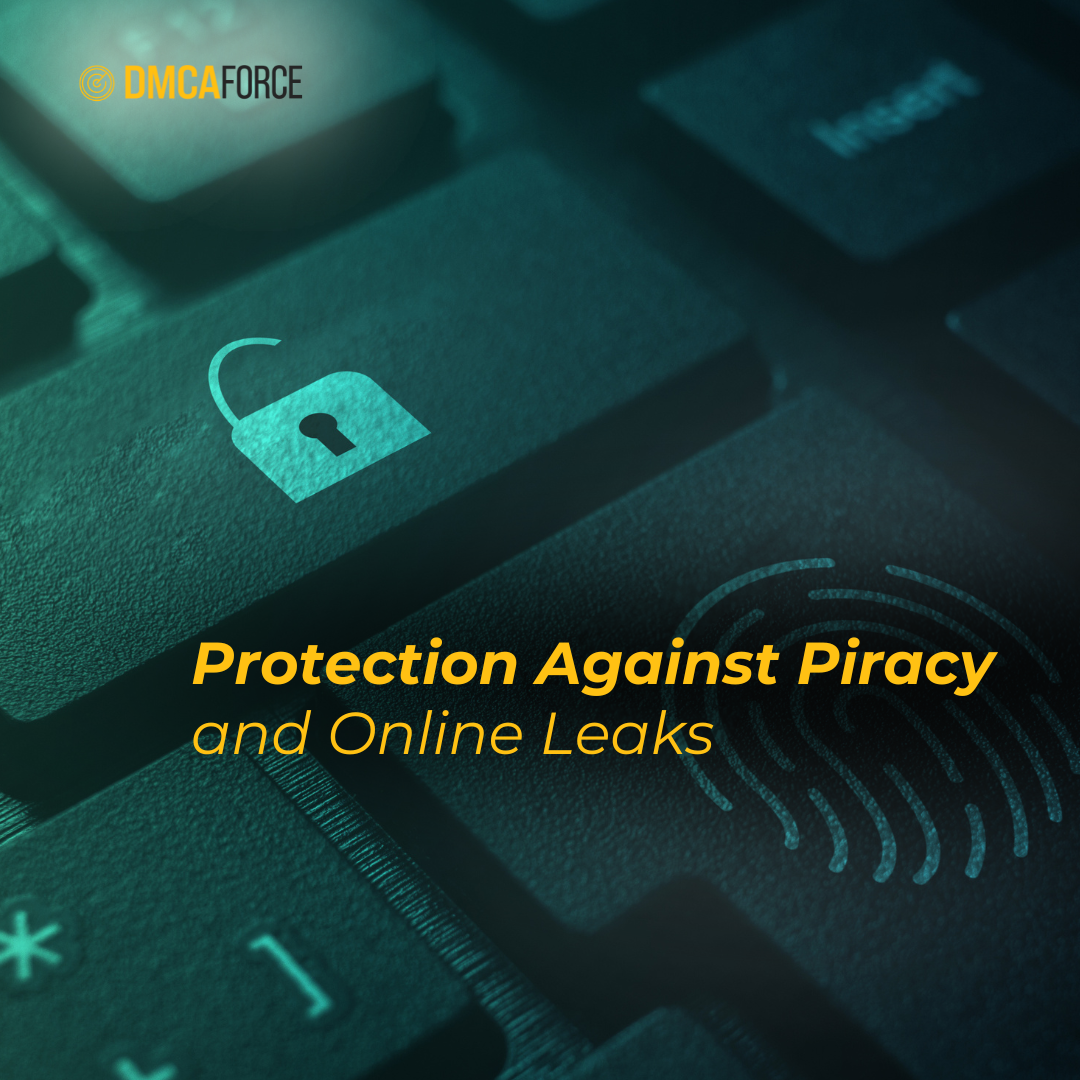News

Two Reports Suggest a Decrease in Illegal Downloading; Are They Right?
Two recently published reports, one from Musicmetric and the other from Sandvine, report recent declines in illegal downloads of music and videos (or, at least, reduced use of platforms that are popular for the download of such files), and both point to an increase consumer adoption of legitimate sources for streamed content as the reason for the decline in piracy.
In an interview with National Public Radio, Rich Bengloff, president of the American Association of Independent Music, endorsed Musicmetric’s speculation about the cause in reduced downloading, arguing that “making music available the way consumers want their music made available…and pricing it at a level that is attractive enough to them that they don’t want to pirate the music” is an effective means of combating piracy.
For its part, Sandvine reported a substantial reduction in the percentage of total North American traffic comprised by BitTorrent use, stating that in the last year, “BitTorrent has declined from 18.87% of total traffic on North American fixed access networks to 12.44%.”
While trends in both reports seem like good news, some question whether there’s more to the story than an increase in legal streaming alternatives available on the market. Joshua Friedlander, an analyst for the RIAA, is among those skeptical of Musicmetric’s findings.
“They were only looking at torrent traffic, and there are actually a number of other illegal sites out there that provide illegal access,” Friedlander told NPR. “So I’m not sure that that was a complete view of the market.”
Based on the data tracked by DMCA Force, I’m inclined to agree with Friedlander; torrents are merely one source of pirated materials, and while it may indeed be true that use of torrents is on the decline, other illicit sources for pilfered digital content abound, and in our experience, migration to new protocols and platforms is at least as quick and common among content pirates and freebie-seeking downloaders as it is among paying consumers.
Having said that, to the extent it’s true that infringing use of torrents is down (there are some non-infringing uses for torrents too, after all), here’s hoping that trend continues, and the convenience and ease of digital distribution breathes new life into entertainment industry revenue-generation efforts, rather than serving to undermine those efforts.
How to Protect Your OnlyFans Content from Online Leaks and Piracy
November 15, 2024

Protect Your Content on Telegram: Using DMCA Claims to Combat Piracy
November 13, 2024

Unlock Your Revenue Potential at the AW Summit 2024 in Bucharest!
September 10, 2024
Got questions about protecting your digital assets from copyright infringement?


